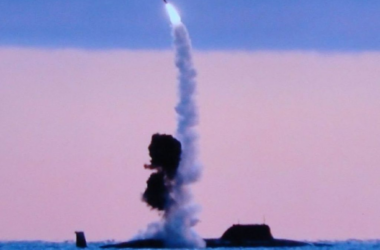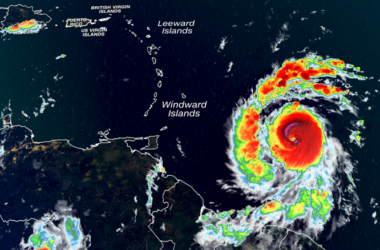In a sweeping statement on the potential impacts of artificial intelligence (AI), Pope Francis has called for a binding global treaty to regulate this transformative technology. Addressing the risks and benefits, the Pope emphasized the need for ethical guidelines and human oversight in the development and deployment of AI. This proclamation, issued on the 57th World Day of Peace, underscores the Pope’s ongoing commitment to influencing discussions on pressing global issues beyond traditional religious realms.
Pope Francis articulated his concerns about the unfettered development of AI technologies, emphasizing the need for a binding global treaty. He acknowledged the immense potential benefits of AI while cautioning against the dangers it poses to humanity. The Pope expressed reservations about placing a “vast array of options” in human hands, particularly those that could jeopardize our survival and the well-being of our common home.
The Pope’s statement highlighted that the goal of regulation should extend beyond preventing harmful practices to encouraging best practices. He advocated for a regulatory framework that stimulates new and creative approaches, fostering individual and group initiatives. This nuanced approach reflects the Pope’s acknowledgment of AI’s dual nature – a tool with vast potential for both constructive and destructive applications.
Francis warned against the potential dangers of “social control” by AI, questioning the ethics of delegating subjective judgments to unfeeling machines. He emphasized the importance of adequate human oversight, particularly in situations involving AI’s impact on essential aspects of life, such as decisions related to mortgages or employment. The Pope asserted that the unique human capacity for moral judgment cannot be replaced by machine algorithms.
While recognizing the exciting opportunities presented by AI, Pope Francis focused primarily on its associated risks. He acknowledged AI as a “brilliant product” of humanity’s creative potential but cautioned against its unbridled development. His concerns extended to the rise of “Lethal Autonomous Weapon Systems,” expressing grave ethical concerns about machines making life-and-death decisions.
In a broader context, Pope Francis urged the positive application of AI, suggesting its use in combating “fake news” and fostering a sense of global unity. He envisioned AI as a tool that could break down cultural barriers and promote “fraternal coexistence” among diverse communities.
The Pope’s call for a binding global treaty on AI comes at a time when international discussions on regulating this technology are gaining momentum. Notably, the European Union recently reached a landmark agreement on comprehensive AI legislation, setting a potential global standard. The Pope’s words contribute to ongoing debates about the ethical and regulatory aspects of AI, emphasizing the need for a balanced and human-centered approach.
Pope Francis’s statement on AI reflects his commitment to addressing contemporary challenges with moral and ethical considerations. As technology advances, the Pope’s call for a binding global treaty underscores the urgency of establishing guidelines that ensure the responsible development and use of AI. The intersection of ethics, technology, and global governance is becoming increasingly crucial, and the Pope’s influence adds a moral dimension to discussions surrounding the impact of AI on humanity.








